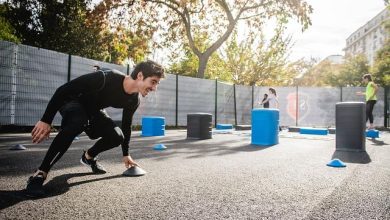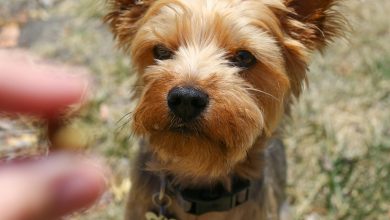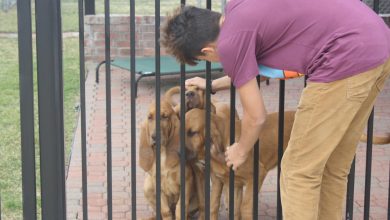Rewarding Good Behavior to Help Socialize Your Dog Better
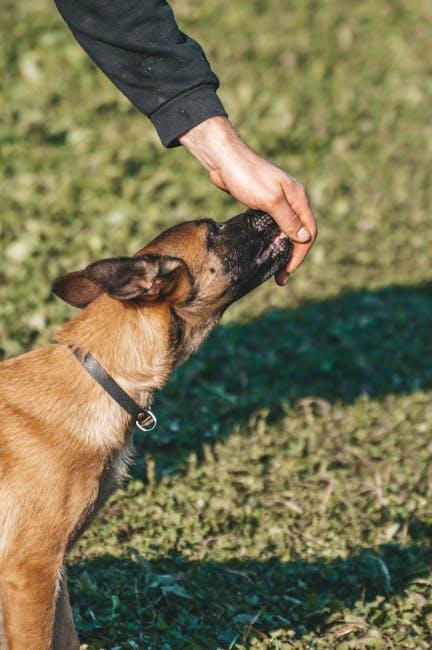
In the bustling world of wagging tails and curious sniffs, the journey of socializing your dog is an adventure filled with opportunities to forge stronger bonds and foster mutual understanding. As we navigate this path, the power of positive reinforcement emerges as a beacon of guidance. Rewarding good behavior not only nurtures a harmonious relationship between you and your furry friend but also transforms everyday interactions into meaningful learning experiences. In this article, we delve into the art and science of using rewards to encourage desirable behaviors, offering insights and techniques that can help your canine companion thrive in a variety of social settings. Whether you’re a seasoned dog owner or a new pet parent, understanding how to effectively reward good behavior can unlock a world of potential for your beloved pet, creating a foundation for a lifetime of companionship and joy.
Positive Reinforcement Techniques for Canine Socialization
Socializing your dog using positive reinforcement is a gentle yet effective method that enhances their confidence and comfort in various social settings. By focusing on rewarding desired behaviors, you create a positive association with new experiences, making them more enjoyable for your canine companion. Patience and consistency are key as you introduce your dog to new environments, people, and other animals.
- Treats: Use small, tasty treats to immediately reward good behavior, reinforcing the connection between the action and the reward.
- Praise: A simple “good dog” with a warm tone can significantly boost your dog’s confidence, making them feel appreciated.
- Toys: Incorporate playtime with their favorite toys as a reward, which not only encourages positive behavior but also strengthens your bond.
- Affection: Physical affection, like petting or a gentle scratch behind the ears, can be a powerful reward for many dogs.
Remember, each dog is unique, and finding what motivates yours is essential. By tailoring your approach and staying attentive to your dog’s responses, you foster a safe and encouraging environment for them to thrive socially.
Identifying Key Behaviors to Reward for Optimal Social Growth
Understanding which behaviors to reward is essential for encouraging your dog to become a socially adept companion. Focus on reinforcing behaviors that exhibit calmness and friendliness. When your dog approaches another dog or person without jumping or barking excessively, offer a treat or verbal praise. This reinforces the idea that calm interactions are positive and desirable.
Social cues like sitting quietly when meeting new people or responding to commands in a distracting environment are also key behaviors to reward. Consider using a clicker to mark these moments, as it provides a consistent and clear signal to your dog. Additionally, rewarding your dog for playing gently with others encourages positive play behavior. By consistently acknowledging these actions, you not only help your dog understand what is expected but also build their confidence in social settings. Remember, the aim is to create a positive association with good behavior, ensuring your dog grows into a well-socialized pet.
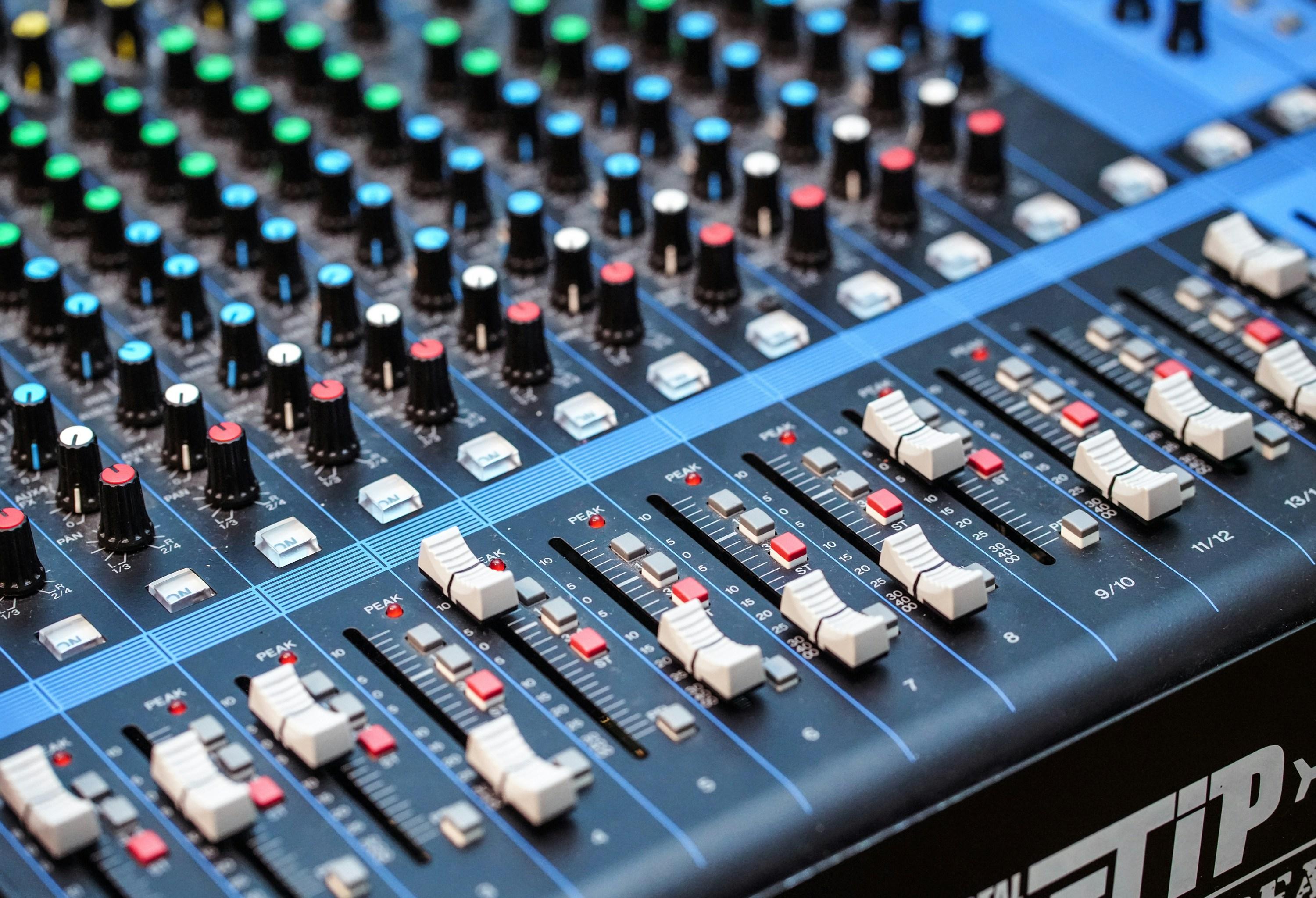
Creating a Consistent Reward System for Your Dog
Establishing a consistent reward system is crucial in reinforcing positive behaviors and aiding your dog’s socialization journey. Consistency is key—this means rewarding your dog every time they exhibit the desired behavior, ensuring they associate their actions with positive outcomes. Over time, these rewards will help shape their behavior, making them more adaptable in various social settings. To build an effective system, focus on these essential components:
- Timing: Deliver rewards immediately after the desired behavior to strengthen the association.
- Variety: Use a mix of treats, praise, and play to keep your dog engaged and motivated.
- Appropriateness: Ensure rewards are suitable for the behavior—simple gestures for minor tasks, and special treats for significant achievements.
- Consistency: Be consistent with both the timing and type of rewards to avoid confusion.
Incorporating these elements into your routine will not only help your dog learn faster but also foster a trusting relationship, enhancing their ability to socialize effectively with other dogs and people.
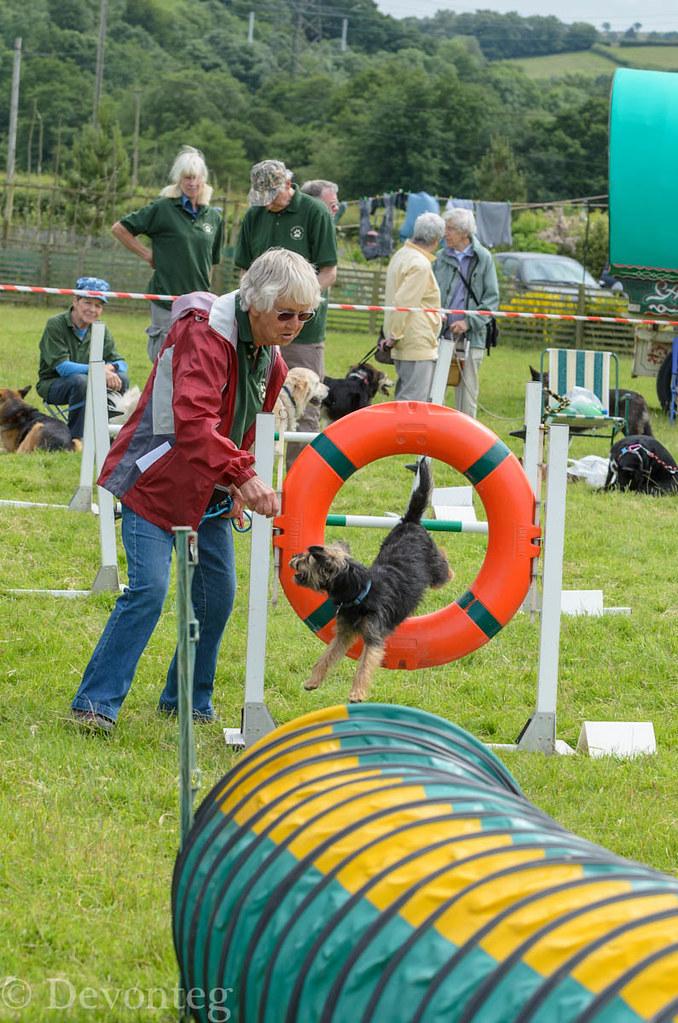
Common Mistakes to Avoid in Reward-Based Training
When using rewards to train your furry friend, it’s easy to fall into some traps that could undermine your efforts. Inconsistency is a frequent pitfall. Dogs thrive on routine, so it’s crucial to be consistent with your rewards. If you reward a behavior sometimes and ignore it at other times, your dog may become confused about what is expected. Similarly, timing is key; a reward given even a few seconds too late can lead to reinforcing the wrong behavior.
- Over-reliance on treats: While treats can be an effective motivator, relying on them too much can lead to health issues and dependency. Consider incorporating verbal praise or play as alternative rewards.
- Ignoring body language: Failing to pay attention to your dog’s signals can result in miscommunication. Watch for signs of stress or discomfort and adjust your training approach accordingly.
- Skipping socialization opportunities: Don’t just reward in controlled environments. Use everyday situations to reinforce positive behaviors, helping your dog adapt to various social settings.
